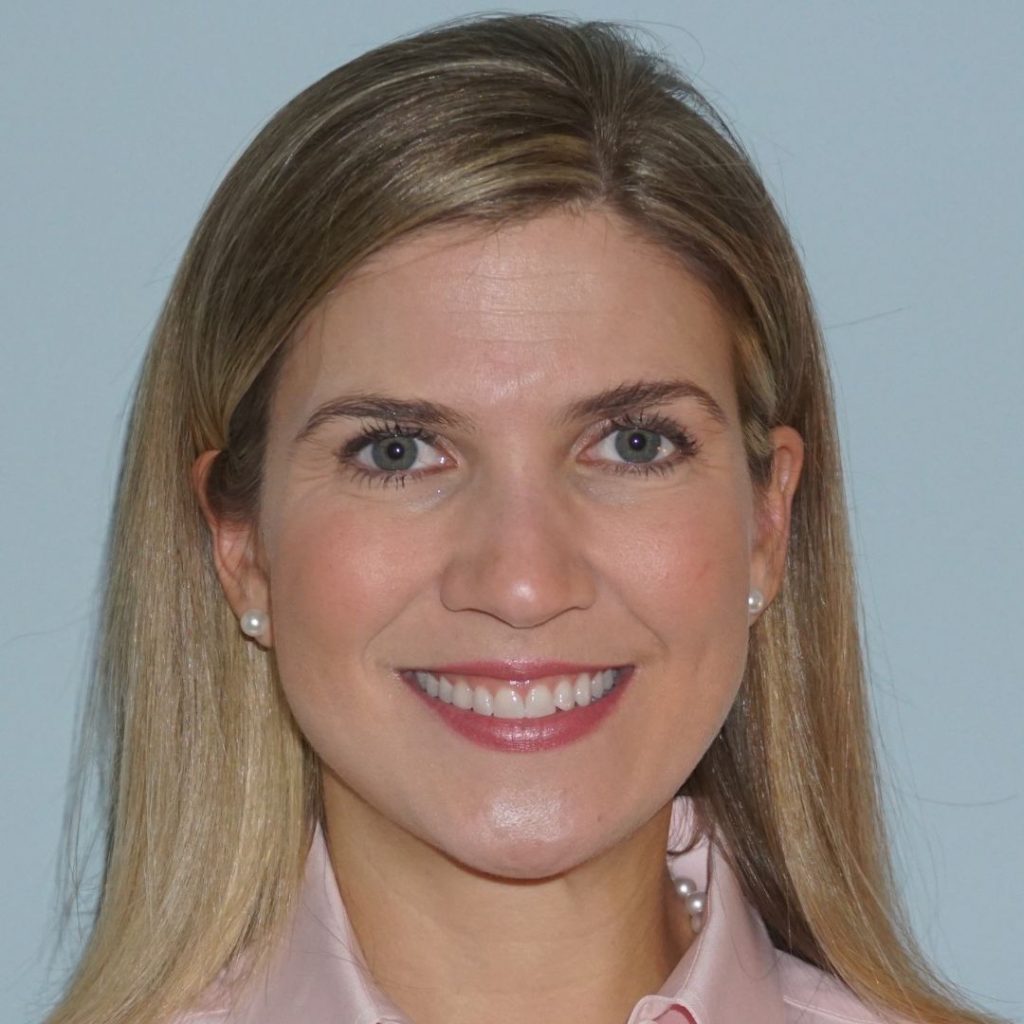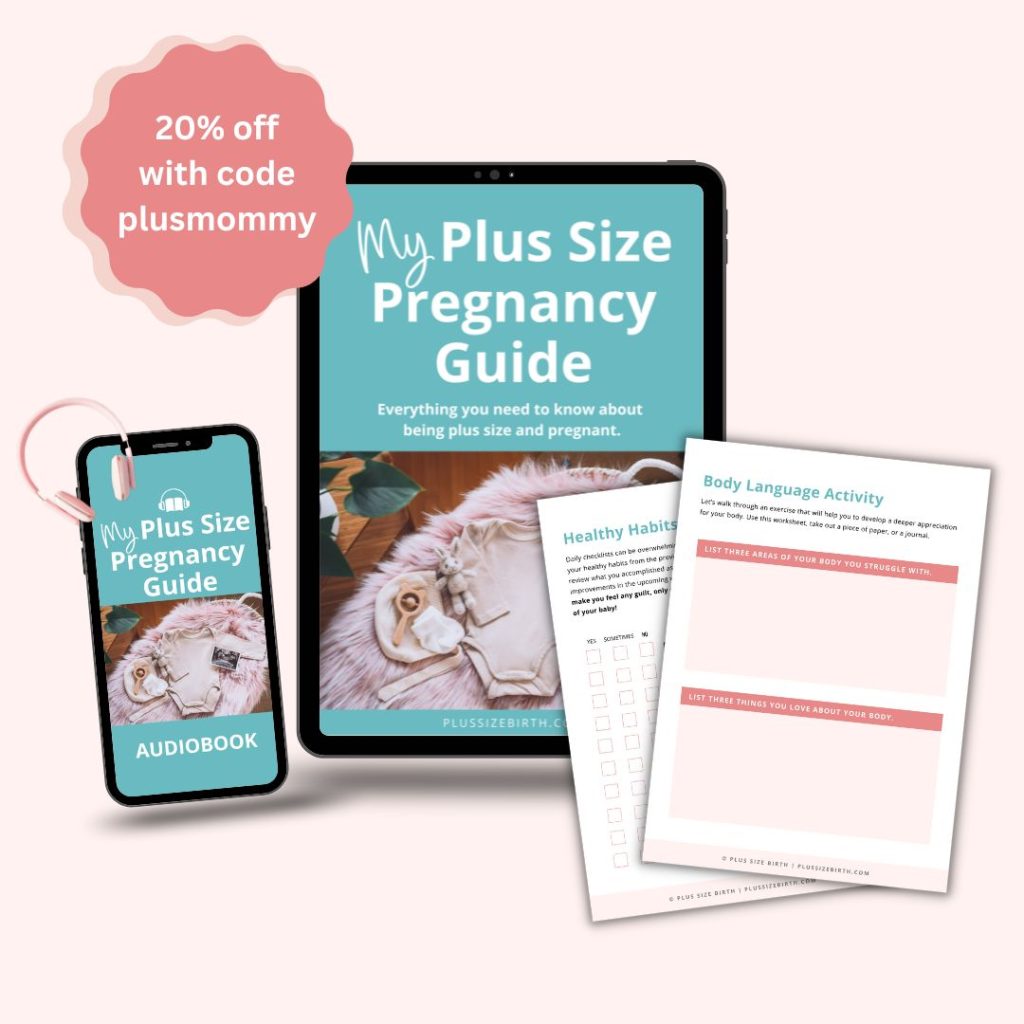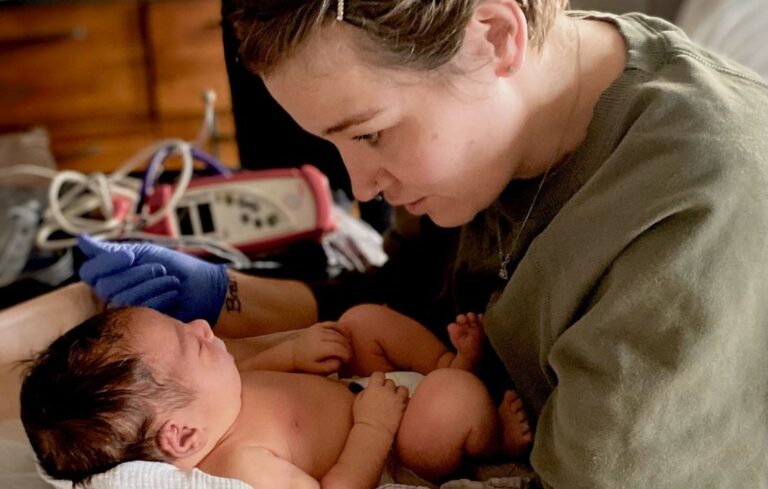How Research is Revealing Fat Shaming in Maternity Care
The research conducted by Dr. Erin D. Basinger and Dr. Margaret Quinlan on fat shaming in maternity care serves as validation for individuals who have personally encountered weight bias in healthcare.

Fat Shaming in Maternity Care
Margaret (Maggie) and Erin hold doctorates in communication studies and are professors at UMC Charlotte.
Maggie’s extensive knowledge of fertility, pregnancy, and parenting and Erin’s focus on weight stigma led them to discover a significant and understudied area of overlap – weight bias in maternity care!
So they developed a study and asked participants, “What was a message that you got about your body before, during, and after pregnancy that stuck with you over time?”
They were interested in seeing the memorable messages people received.
Memorable Messages in Maternity Care
Memorable messages are statements that leave a lasting impact, becoming ingrained in your long-term memory.
Often, memorable messages come from people who have more power over you, and we store these messages because they impact our identity, emotional state, behavior, or self-concepts.
“Think about a message about your body that was really important to you when you were young.” Erin said, “Often, we can come up with one quickly, especially if someone has been fat for a lot of their life.”
It just so happened that while doing this research, Erin found herself on a pregnancy journey.
As colleagues and friends, Maggie became enraged as she watched Erin, a fat woman, navigate the reproductive care system.
Erin received messages loud and clear that she would have trouble getting pregnant and staying pregnant. And this is a common message plus size women hear when trying to conceive.
When Erin got pregnant quickly and didn’t have a high-risk pregnancy, she, like many, proved common plus size pregnancy stereotypes are often untrue.
However, she did notice swollen lymph nodes during pregnancy, but her care provider ignored her concerns.
Seven months after she gave birth, she was diagnosed with cancer.
Erin believes they missed her cancer because she exists in a larger body.
Unfortunately, countless stories are similar to Erin’s, and research shows that plus size people’s concerns often go unheard in healthcare settings.
As Erin says, “This is life and death for some people.”
So, for Erin, her and Maggie’s research wasn’t just something she viewed as necessary – it was personal!
And as the research participants shared their experiences, Maggie reflected on her thin privileged. She realized things she might’ve said to Erin were harmful in the past.
So, for Maggie, someone who sees herself as a fat ally, this research also became an opportunity for personal growth and development.
Research on Fat Shaming in Maternity Care
Their research, Memorable Messages About Fat Bodies Before, During, and After Pregnancy, had two hundred forty-nine participants.
It sheds light on the experiences of those who have faced discrimination due to their size based on memorable messages. And it’s written in an easily digestible way for academics and lay individuals.
The research found that 77.2% of the memorable messages people received before, during, and after pregnancy were negative.
Erin wasn’t surprised.
What stood out for Maggie was the positive messages that people hold onto and that they overwhelmingly came from partners.
Maggie said, “We learned that it takes a lot of positive messages to sort of overcome or disrupt all of the negative messages that individuals receive.”
And this encourages Maggie to be one of those people spreading positive messages, especially to people in diverse bodies.
Research Themes
Four main themes stood out from the research, and some are heartbreaking.
1. Fat mothers are bad mothers
Many believed they were “bad” for getting pregnant in a larger body and being a fat mother.
2. Denial of competent treatment
A majority of people shared how they felt providers don’t trust fat patients to know their bodies.
There’s this idea that you can’t possibly know your body because you’re fat. And this directly impacts how people feel unheard when concerns arise during pregnancy, labor, birth, and postpartum.
3. Weight-normative commentary on fat bodies
Many expressed memorable messages leading them to believe that getting pregnant in a fat body is irresponsible. However, if they lost weight during pregnancy, they were praised.
4. Weight-inclusive counter-narratives
A positive theme found was the benefit of weight-inclusive messages or people’s weight not being addressed at all.
Erin shared, “This set of findings showed us it makes a world of difference to hear a positive message or to just not hear a negative one.”
Discovering that Plus Size Birth was mentioned when people shared supportive resources was truly exciting.
Jen McLellan, the host of the Plus Mommy Podcast and founder of Plus Size Birth, has tirelessly worked for over a decade to change the treatment of plus size individuals in maternity care. And now, research has emerged to demonstrate the positive impact of her efforts.
As for Erin and Maggie, this is just the beginning! They are now studying weight bias in fertility care and want to address racism in maternity care. And they are hopeful to work with large organizations to help create change and reduce fat shaming in maternity care.
Listen as we delve into the research during episode 201 of the Plus Mommy Podcast, and explore how the findings can transform the treatment plus size individuals receive.
Recording & Show Notes: Plus Mommy Podcast Episode 201
Transcript happily provided upon request.
Resources Mentioned On The Show
- Research – Memorable Messages About Fat Bodies Before, During, and After Pregnancy
- Angela Incollingo Rodriguez’s interview on weight bias in maternity care.
- Connect with Dr. Erin D. Basinger on her website and Twitter @drerinbasinger
- Connect with Dr. Margaret Quinlan via her website and check out her book You’re Doing it Wrong!: Mothering, Media, and Medical Expertise.










